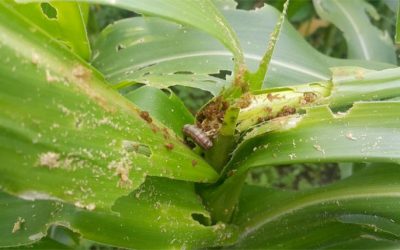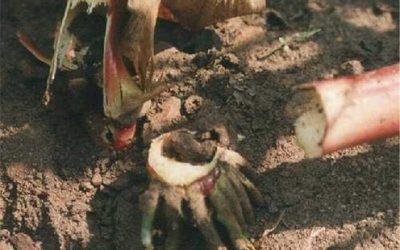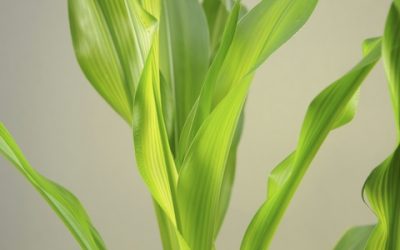Understanding Integrated Soil Management.

All agricultural activities start from soil. Therefore, to ensure continuous flow of high quality and quantity yields, the resource must be maintained in top form.
A healthy soil is one that is able to supply required nutrients, water and anchorage to the crops without much stress.
For soil to be able to do this for a longer time, one must adopt practices such as integrated soil fertility management (ISFM).
ISFM is a set of agricultural practices that involve use of mineral fertiliser, organic materials such as animal and green manure as well as the use of improved crop varieties.
ISFM can be done using various agricultural options including:
(i) Nutrient management through use of organic and inorganic sources of plant nutrients, nutrient-adding and saving techniques.
(ii) Employing minimum tillage practices that reduce soil disturbance. This will maintain soil water, minimise exposure to evaporation hence high plant available water,
(iii) Integration of crop and animal production on the same piece of land. This ensures a continuous recycling of inputs where livestock are fed from plant remains and in return, they give manure for crop production.
(iv) Planting of cover crops, which mainly consist of legume crops like Beans, Ground nuts.
In the practice of ISFM, there are various principles and guidelines to be followed to guarantee its success.
Benefits of ISF
– First, a farmer has to make sure that there is diversification of nutrient sources. Organic fertiliser can, therefore, be used as an alternative source of plant essential nutrients, soil amendments and substitutes for chemical fertiliser.
– Second, one must view ISFM as a long-term solution to the replenishment of agricultural soils. This can be achieved through empowering farmers to access required knowledge and encouraging them to be part of decision-making on matters pertaining ISFM management options.
– The final principal is participatory learning and action research. This involves combination of traditional and scientific knowledge, which enables planning, experimentation and evaluation of alternative soil fertility management practices.
Integrated soil fertility management has numerous benefits if implemented successfully. It allows farmers to continuously achieve high yields on the same land for many years, eliminating the need for clearing new land.
It improves the various nutrient availability to the plants since they have access to nutrient from diverse sources that is both organic and inorganic sources.
It helps in reclamation of waste land back to agriculturally productive one. This is contributed, among others, by use of organic inputs, both decomposed and green application. In this way, yields from arid and semi — arid areas can also be increased.
ISFM also improves soil moisture retention through application of cover crops as well as incorporation of green manure.
It also encourages knowledge-sharing among farmers through working in their various groups.


